The Criterion Channel’s March 2022 Lineup

The Criterion Channel’s March 2022 Lineup
TOP STORIES
PREMIERING MARCH 1

Pre-Code Paramount
WATCH NOW
Featuring a new introduction by critic Imogen Sara Smith
Before the enforcement of the Hollywood Production Code, sex, sin, and sleaze were splashed across the screen with abandon, and chiselers and gold diggers were cinematic staples. It was an era when Paramount Pictures stood out for the sophisticated amorality and continental flair it brought to its productions. Among the uncensored wonders that emanated from the studio’s back lots during the early years of talkies were the anarchic antics of the Marx brothers (The Cocoanuts), the luxuriant exoticism of Josef von Sternberg and Marlene Dietrich (Morocco), the worldly wit of Ernst Lubitsch (Trouble in Paradise), and the jaw-dropping double entendres of Mae West (I’m No Angel)—plus forays into quasi-Dadaist delirium (Million Dollar Legs), alcohol-soaked experiments in open marriage (Merrily We Go to Hell), crazed zoologists (Murders in the Zoo), a musical ode to marijuana (Murder at the Vanities), and Cary Grant as the world’s most irresistible plastic surgeon (Kiss and Make-Up). This collection of pre-Code classics and rarities spotlights the delightfully risqué side of a studio that knew how to be naughty while (almost) always keeping it classy.
FEATURING: The Cocoanuts (1929), The Virtuous Sin (1930), Morocco (1930), Ladies’ Man (1931), An American Tragedy (1931), The Cheat (1931), The Devil Is Driving (1932), Million Dollar Legs (1932), Hot Saturday (1932), Merrily We Go to Hell (1932), This Is the Night (1932), Trouble in Paradise (1932), Design for Living (1933)*, Murders in the Zoo (1933), I’m No Angel (1933), International House (1933), This Day and Age (1933), Torch Singer (1933), Kiss and Make-Up (1934), Murder at the Vanities (1934)
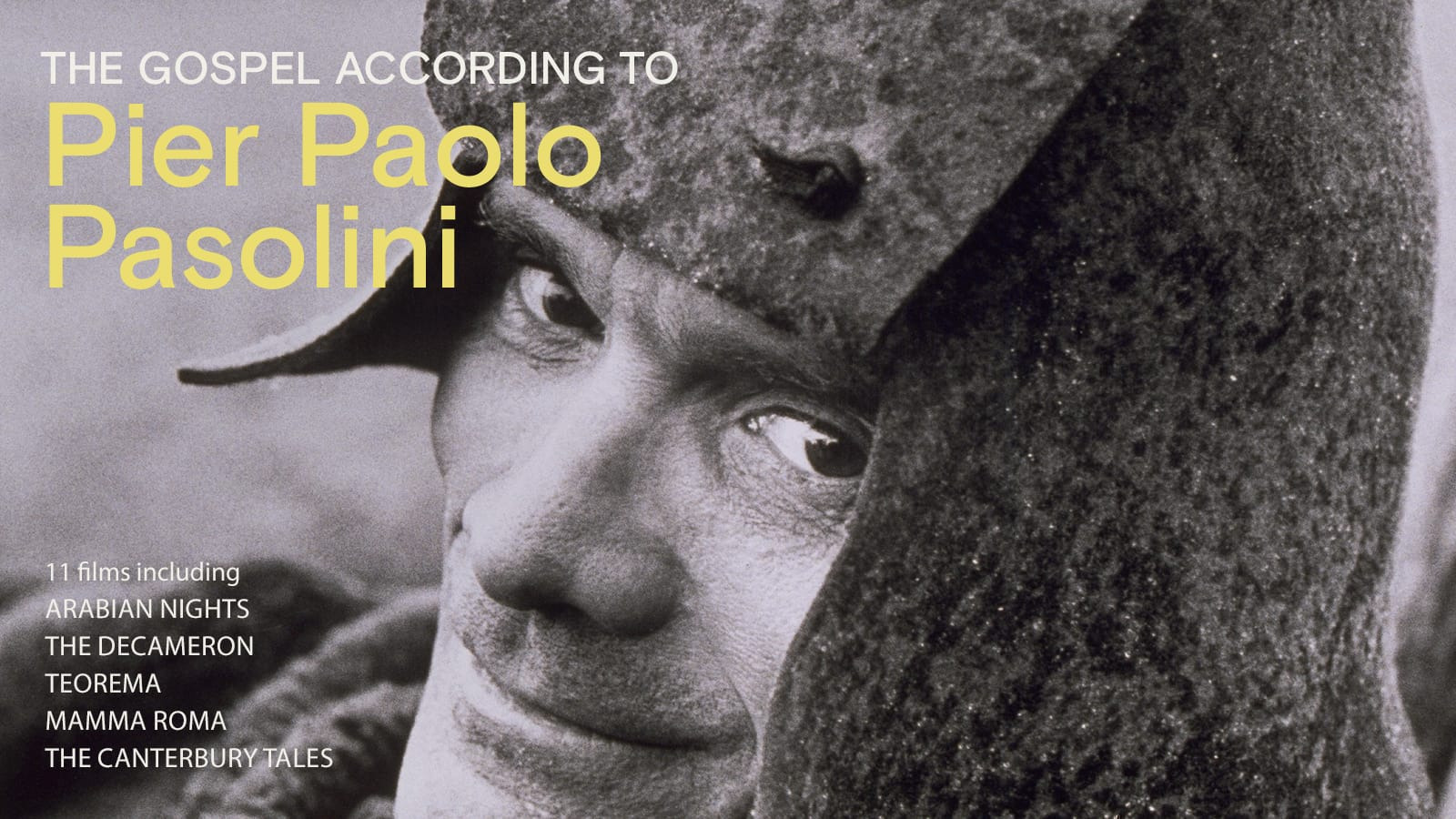
The Gospel According to Pier Paolo Pasolini
WATCH NOW
Pier Paolo Pasolini’s ability to simultaneously embrace conflicting philosophies—he drew from Marxism and Catholicism; and he lived a thoroughly modern, openly gay life while looking to the distant past for inspiration and comfort—was matched by the multifariousness of his artistic output as a filmmaker, poet, journalist, novelist, playwright, painter, actor, and all-around public intellectual. Outside Italy, though, he remains best known for his restless and subversive body of film work. After scripting the sly sexual satire Il bell’Antonio, he soon moved to directing, applying Catholic iconography to gutter-level tales of street life like Mamma Roma, which gave Anna Magnani one of her greatest roles as a middle-aged sex worker. From there, the outspoken and always political Pasolini’s films became increasingly scandalous—even, to some minds, blasphemous—from the Orson Welles–starring short La ricotta and the stark reimagining of the Christ story The Gospel According to St. Matthew to the shocking savagery of Porcile and the extravagantly bawdy medieval tales in his Trilogy of Life (The Decameron, The Canterbury Tales, Arabian Nights). Though Pasolini’s career was cut tragically short by his brutal, still-unsolved murder, he remains—one hundred years after his birth—one of the most revered and controversial artists of the twentieth century.
FEATURING: Il bell’Antonio (1960), Mamma Roma (1962), La ricotta (1962), Love Meetings (1964), The Gospel According to St. Matthew (1964), The Witches (1967), Teorema (1968), Porcile (1969), The Decameron (1971), The Canterbury Tales (1972), Arabian Nights (1974)

Foreign-Language Oscar Winners
WATCH NOW
Get ready for this year’s Oscars with a massive lineup of past winners of the Academy Award for Best Foreign Language Film! This cross section of the last seven decades of international cinema includes masterpieces by titans like Akira Kurosawa (Rashomon), Federico Fellini (8½), and Ingmar Bergman (Fanny and Alexander); contemporary art-house hits by directors such as Asghar Farhadi (A Separation), Michael Haneke (Amour), and Paolo Sorrentino (The Great Beauty); incendiary political parables from Hungary (Mephisto) and Bosnia and Herzegovina (No Man’s Land); high-water marks of the Czechoslovak New Wave (The Shop on Main Street, Closely Watched Trains); a Soviet epic of unparalleled scale (War and Peace); and, of course, a handful of left-field surprises (it is the Academy Awards, after all).
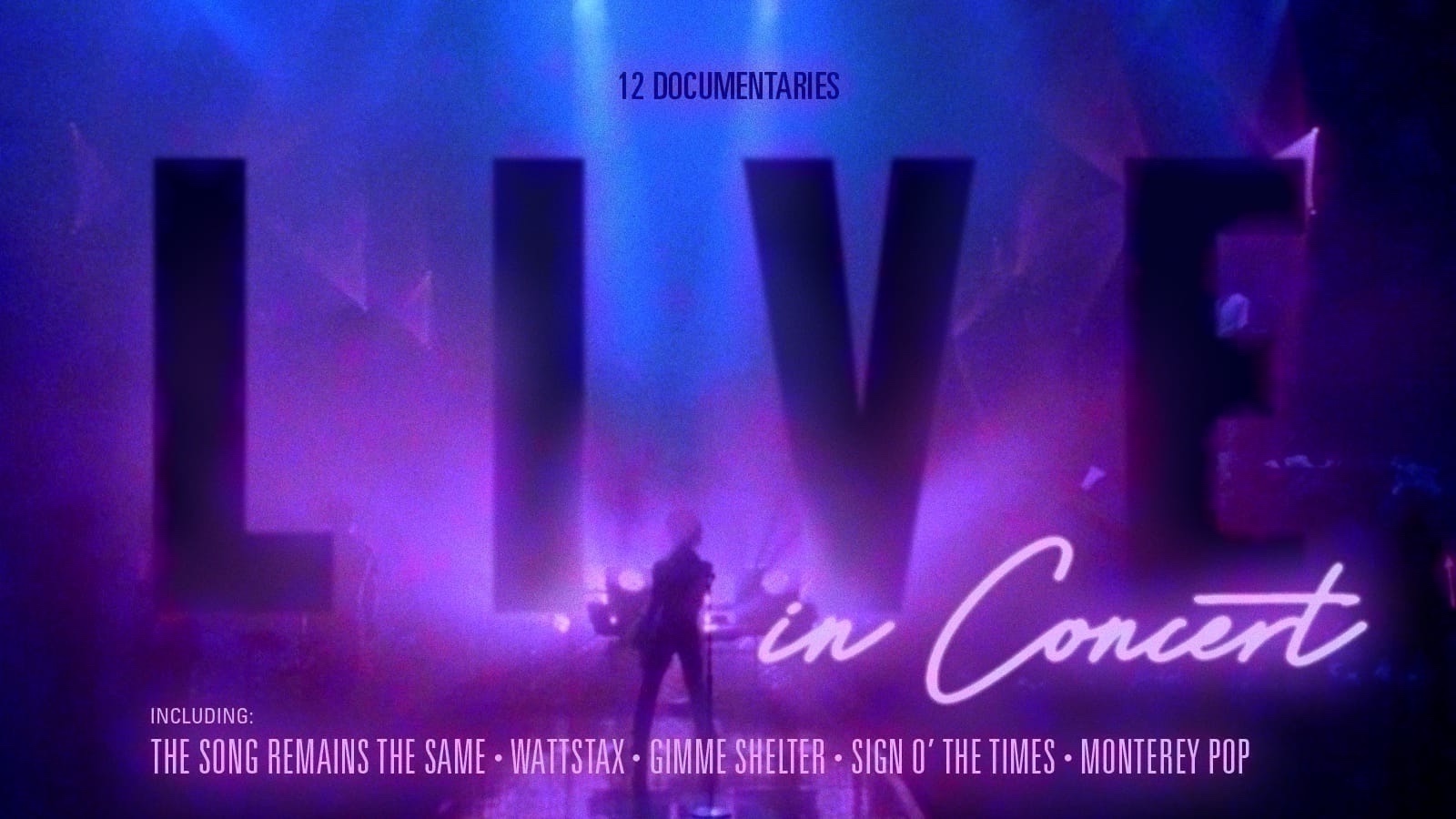
Live in Concert
WATCH NOW
The great concert films are as much a feast for the ears as they are for the eyes, an ecstatic melding of sound and image that not only replicates the live concertgoing experience but heightens it. From Jimi Hendrix (setting his guitar ablaze in Monterey Pop) to the Rolling Stones (delivering a swan song for the counterculture in Gimme Shelter) and Prince (partying like it’s 1987 in Sign o’ the Times), this collection of classic concert documentaries is your all-access pass to some of the most electrifying musical performances ever captured on film.
FEATURING: Jazz on a Summer’s Day (1959), Festival (1967), Monterey Pop (1968), Jimi Plays Monterey (1968), Gimme Shelter (1970), Wattstax (1973), The Song Remains the Same (1976), Trances (1981), Shake! Otis at Monterey (1987), Sign o’ the Times (1987), A Reggae Session (1988), Soul Power (2008)*

Queersighted: Stage to Screen
WATCH NOW
Featuring a conversation between series programmer Michael Koresky and scholar Shonni Enelow
FEATURING: These Three (1936), Brief Encounter (1945), Tea and Sympathy (1956), Suddenly, Last Summer (1959), The Children’s Hour (1961), The Balcony (1963), The Boys in the Band (1970), A Raisin in the Sun (1961)
EXCLUSIVE STREAMING PREMIERES
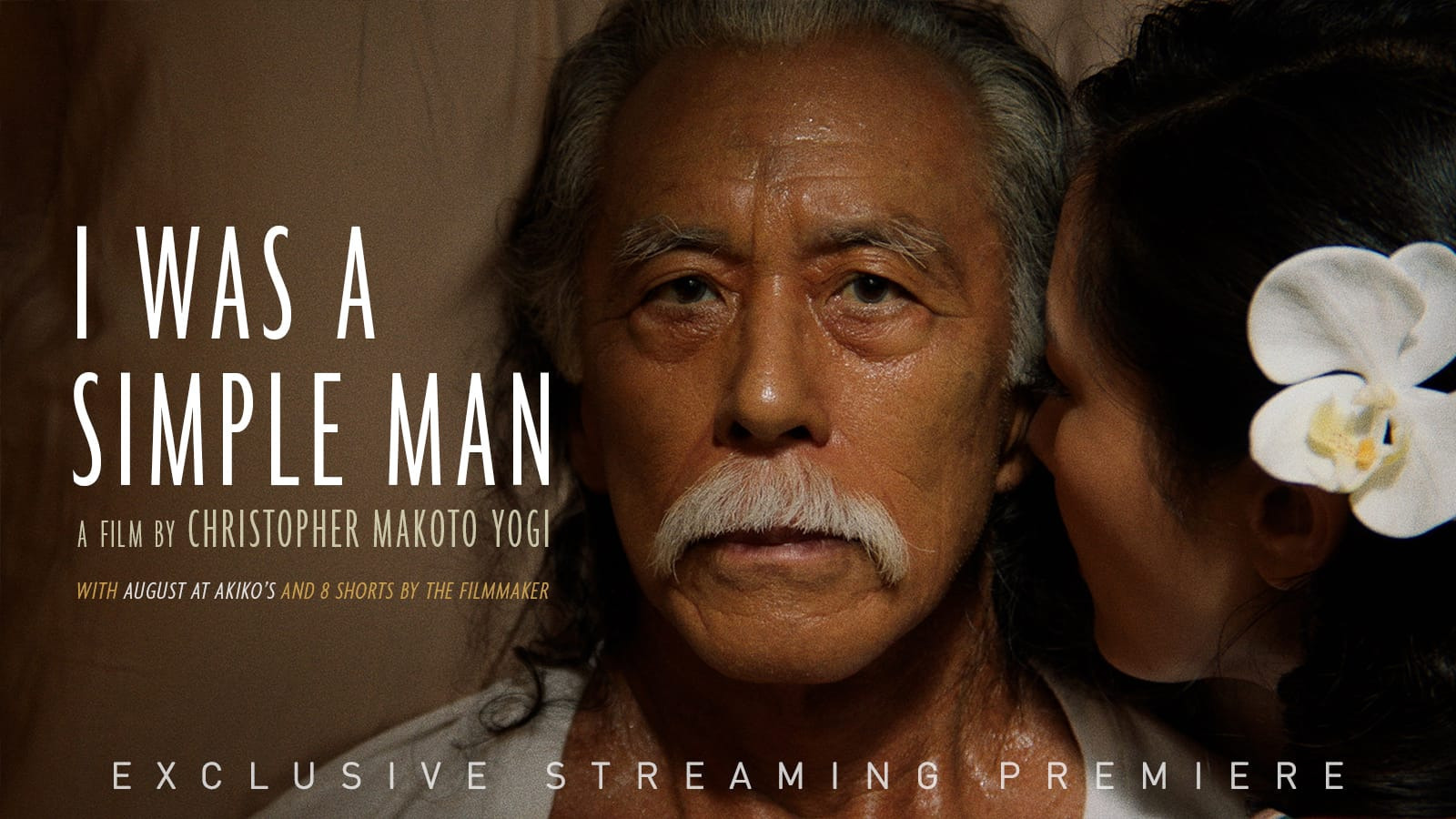
I Was a Simple Man
WATCH NOW
Christopher Makoto Yogi’s spellbinding cinematic reverie is a ghost story set in the lush countryside of the north shore of O‘ahu, Hawai‘i. Unfolding in four chapters, it tells the story of an elderly man (Steve Iwamoto) facing the end of his life, visited by the ghosts of his past. Incorporating history and mythology, dream logic and surrealism, I Was a Simple Man is a time-shifting, kaleidoscopic story of a fractured family facing the death of their patriarch that takes viewers from the high-rises of contemporary Honolulu to the pre-WWII pastorals of O‘ahu and, finally, into the beyond.
I Was a Simple Man is presented alongside a selection of films by Yogi that ruminate on memory, loss, and the changing landscapes of Hawai‘i.
FEATURES: August at Akiko’s (2018), I Was a Simple Man (2021)
SHORTS: Layover, on the Shore (2009), Obake (2011), Makoto: Or, Honesty (2013), Suddenly, Honolulu (2015), Occasionally, I Saw Glimpses of Hawai‘i (2016), Suddenly, Honolulu (2016), a still place (2020)

Arrebato
WATCH NOW
Hailed as “an absolute modern classic” by Pedro Almodóvar, this legendary cult film by underground Spanish filmmaker and movie-poster designer Iván Zulueta is the final word on cinemania: a dimension-shattering blend of heroin, sex, and Super 8. Horror-movie director José (Eusebio Poncela) is adrift in a sea of doubt and drugs. As his belated second feature nears completion, his reclusive bubble is popped by two events: a sudden reappearance from an ex-girlfriend and a package from past acquaintance Pedro (Will More) containing a reel of Super 8 film, an audiotape, and a door key. From there, the boundaries of time, space, and sexuality are erased as José is once more sucked into Pedro’s vampiric orbit. Together, they attempt the ultimate hallucinogenic catharsis through a Möbius strip of filming and being filmed. A towering feat of counterculture cinema, Arrebato (“Rapture”) creates a genre all its own.
CRITERION EDITIONS
PREMIERING MARCH 1
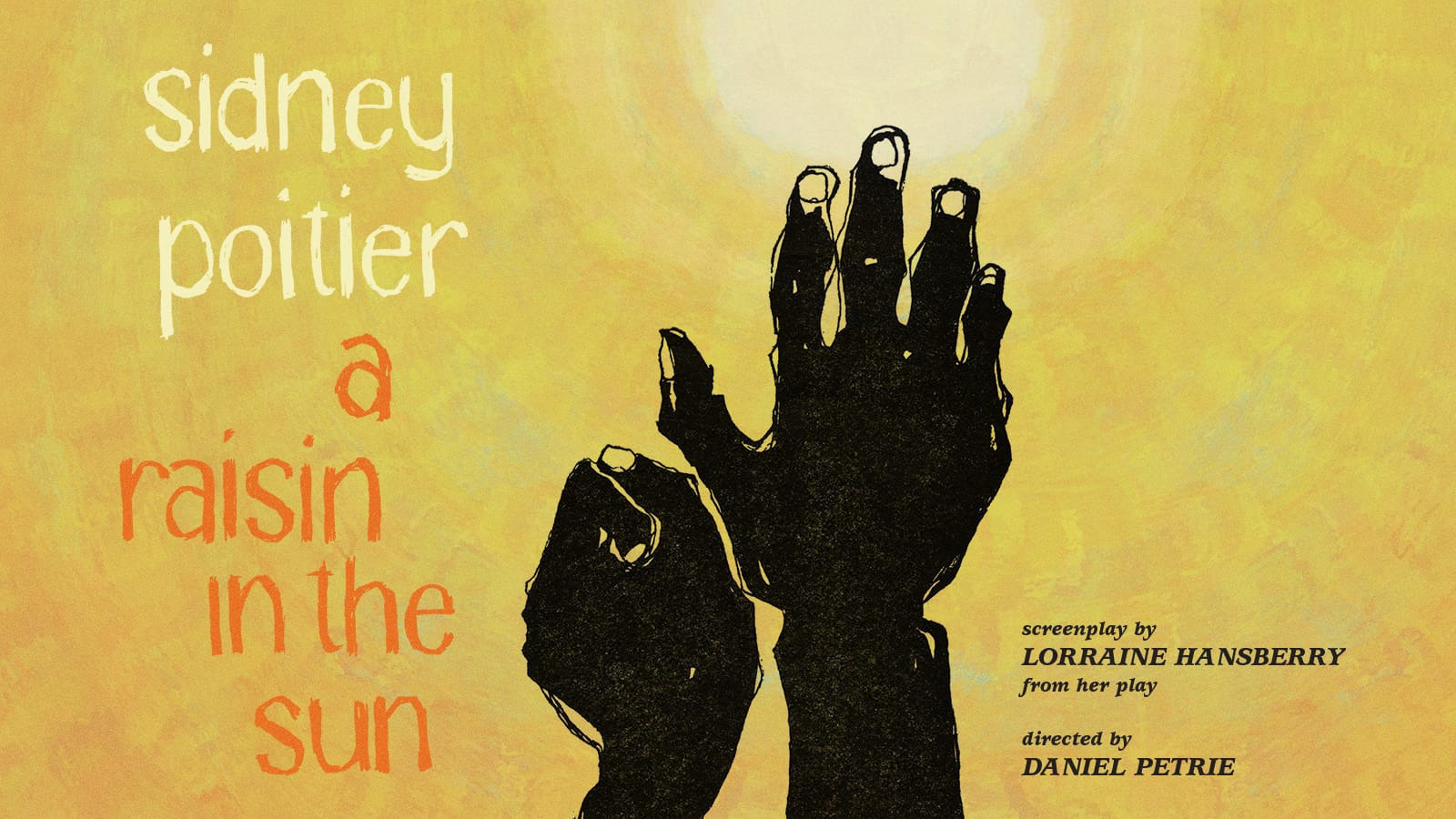
Lorraine Hansberry’s deeply resonant tale of dreams deferred receives a powerful screen adaptation that captures the high stakes and shifting currents of Black life in midcentury America.
SUPPLEMENTAL FEATURES: Interviews with Hansberry, director Daniel Petrie, and scholars Imani Perry and Mia Mask; an excerpt from Black Theatre: The Making of a Movement; and more.

The Danish Dogme 95 movement that struck world cinema like a thunderbolt begins here: Thomas Vinterberg’s lacerating chamber drama uses the economic and aesthetic freedoms of digital video to achieve an annihilating emotional intensity.
SUPPLEMENTAL FEATURES: Audio commentary by Vinterberg, documentaries featuring cast and crew members, a 2002 documentary about the Dogme 95 movement, deleted scenes, two early short films by Vinterberg, and more.

Former minor leaguer Ron Shelton’s highly quotable script and breakthrough performances from Kevin Costner, Susan Sarandon, and Tim Robbins come together in this freewheeling hymn to America’s favorite pastime.
SUPPLEMENTAL FEATURES: Two audio commentaries featuring Shelton, Costner, and Robbins; interviews with the cast and crew; an appreciation of the film featuring former players, broadcasters, and sports-film aficionados; and more.
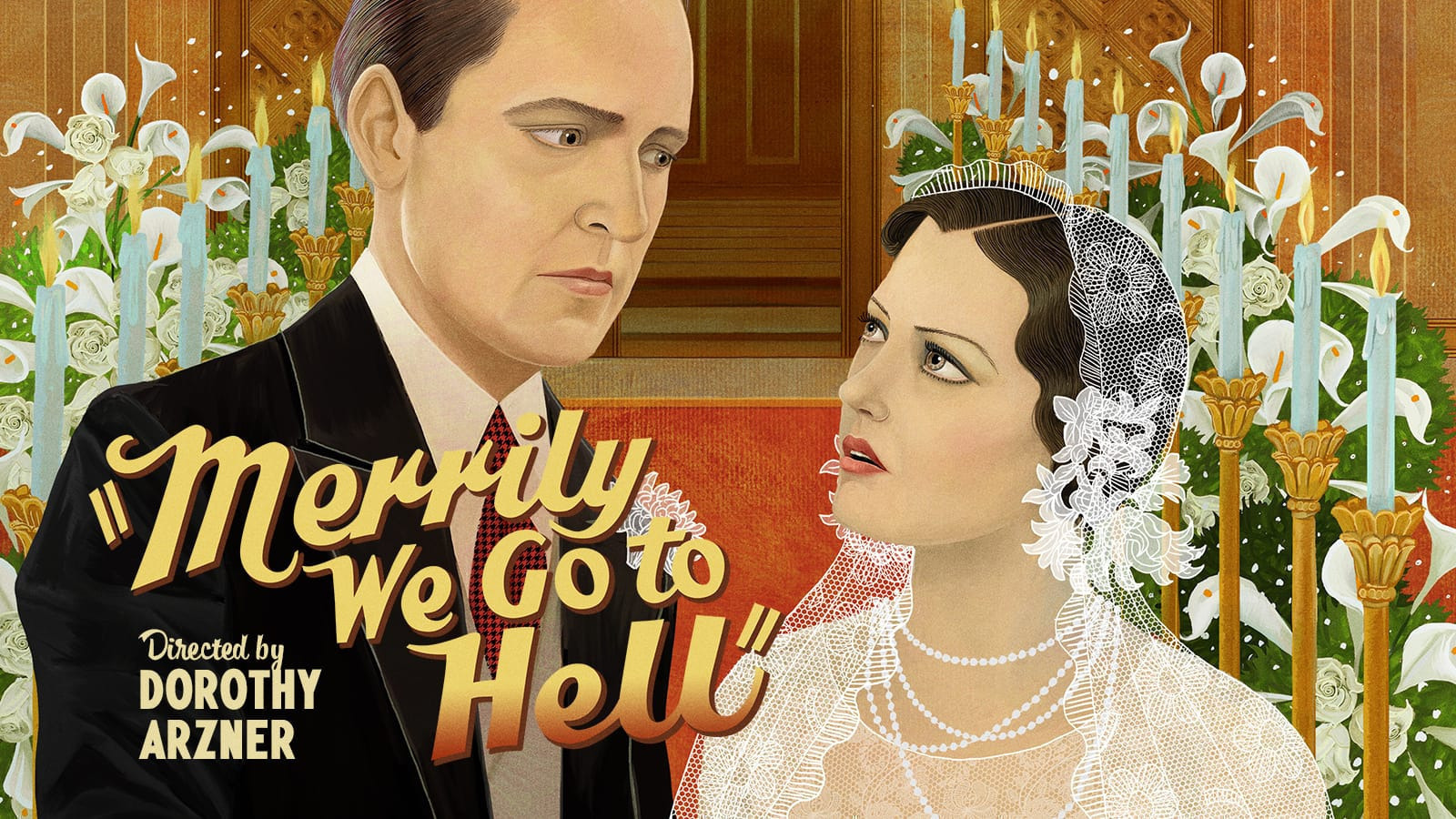
Addiction, nonmonogamy, and female sexual liberation: Dorothy Arzner’s alcohol-soaked portrait of an open marriage stands out even in the anything-goes pre-Code era for its daringly mature treatment of taboo themes.
SUPPLEMENTAL FEATURES: A video essay by film historian Cari Beauchamp and Dorothy Arzner: Longing for Women, a 1983 documentary by Katja Raganelli and Konrad Wickler.

Gary Cooper, Fredric March, and Miriam Hopkins form a very pre-Code ménage à trois in one of Ernst Lubitsch’s sexiest and most sophisticated enchantments.
SUPPLEMENTAL FEATURES: Lubitsch’s segment of the 1932 omnibus film If I Had a Million, selected-scene commentary by film scholar William Paul, an interview with film scholar Joseph McBride, and more.
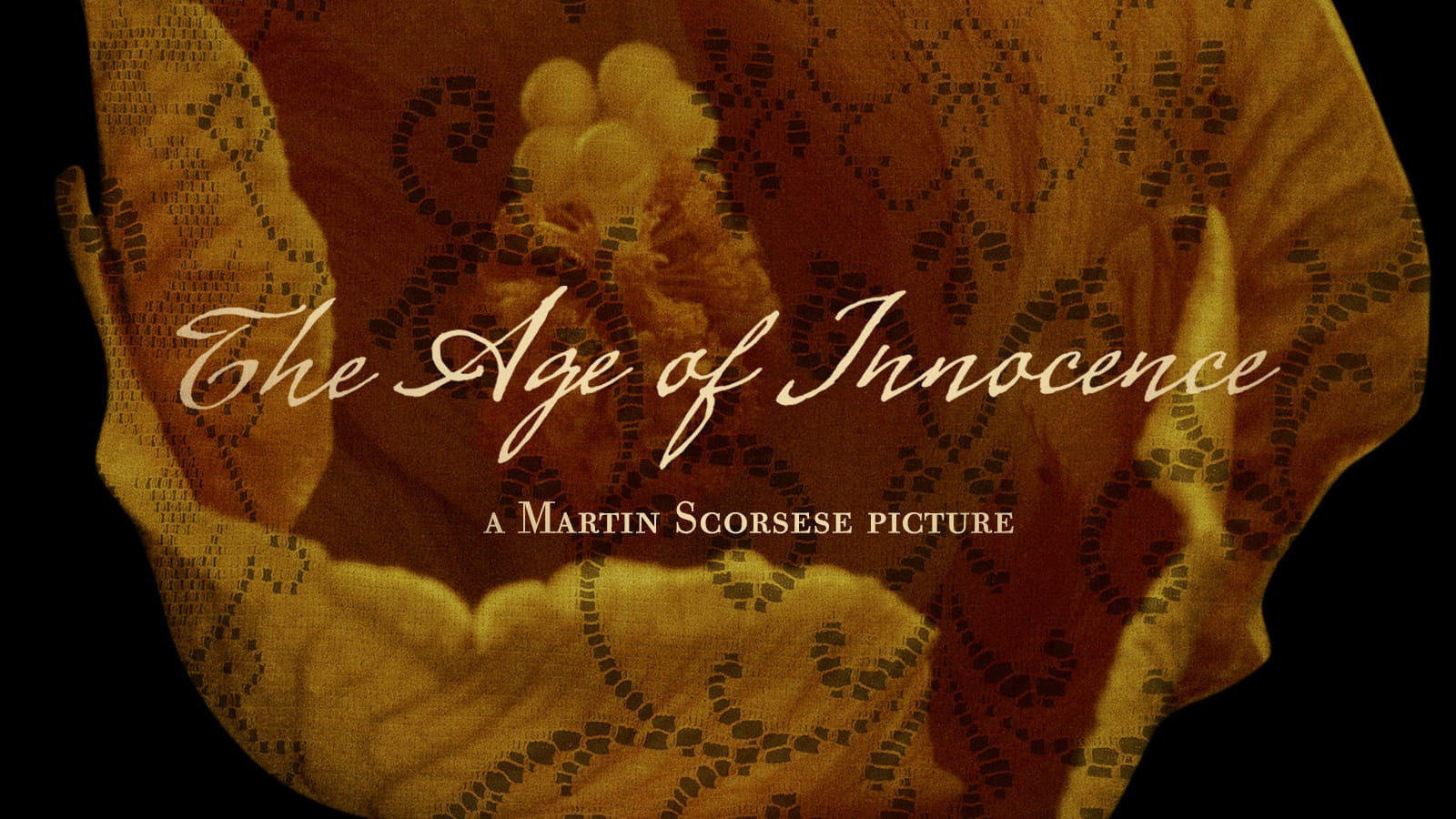
Martin Scorsese adapts the work of another great New York artist, Edith Wharton, in this sumptuous evocation of Gilded Age Manhattan starring Daniel Day-Lewis, Michelle Pfeiffer, and Winona Ryder.
SUPPLEMENTAL FEATURES: Interviews with Scorsese, coscreenwriter Jay Cocks, production designer Dante Ferretti, and costume designer Gabriella Pescucci; and Innocence and Experience, a 1993 documentary on the making of the film.
WOMEN FILMMAKERS
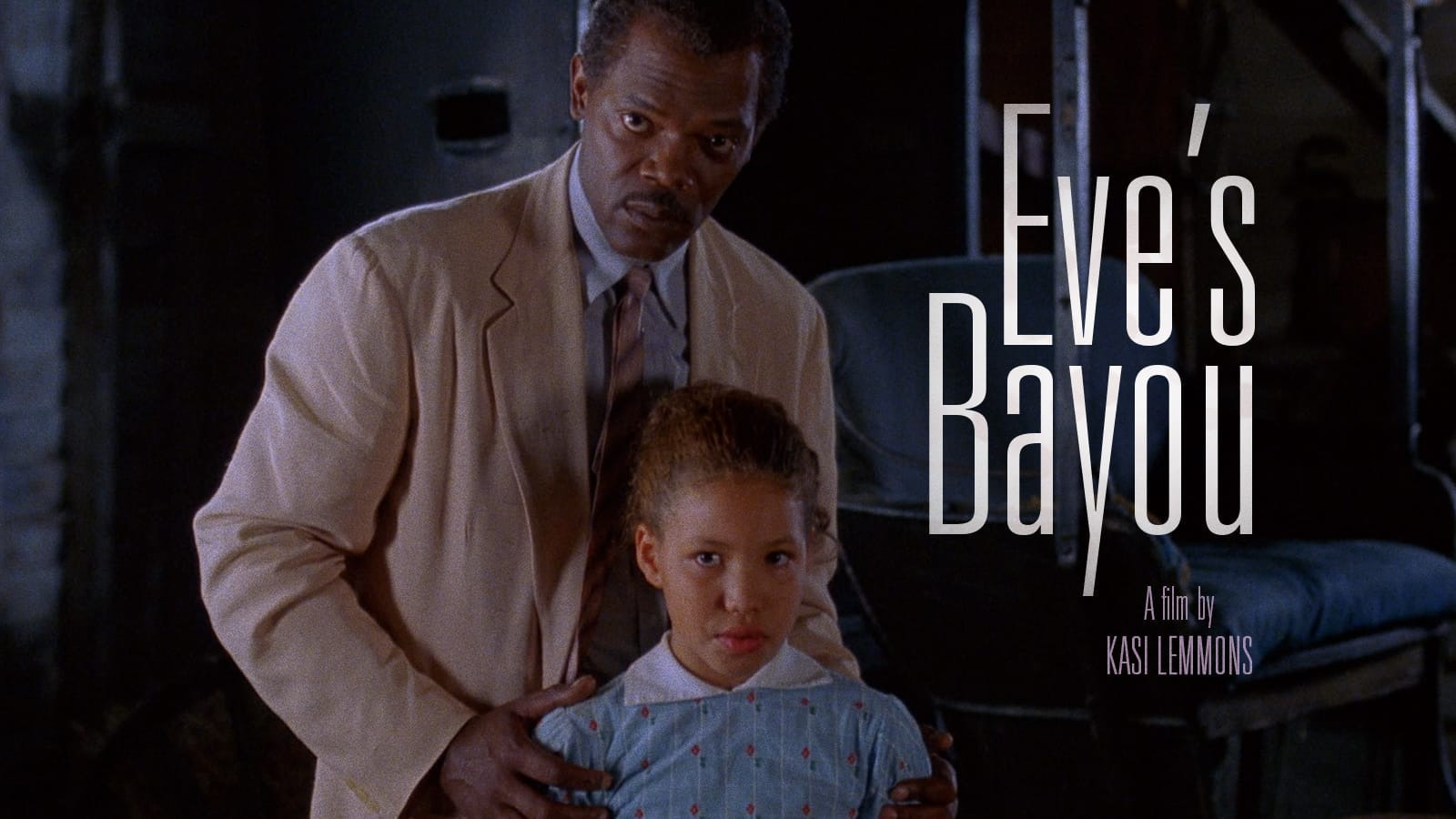
Eve’s Bayou*
WATCH NOW
Kasi Lemmons delivered one of the most distinctive directorial debuts of the 1990s with this richly atmospheric southern-gothic stew of sex, lies, and voodoo.
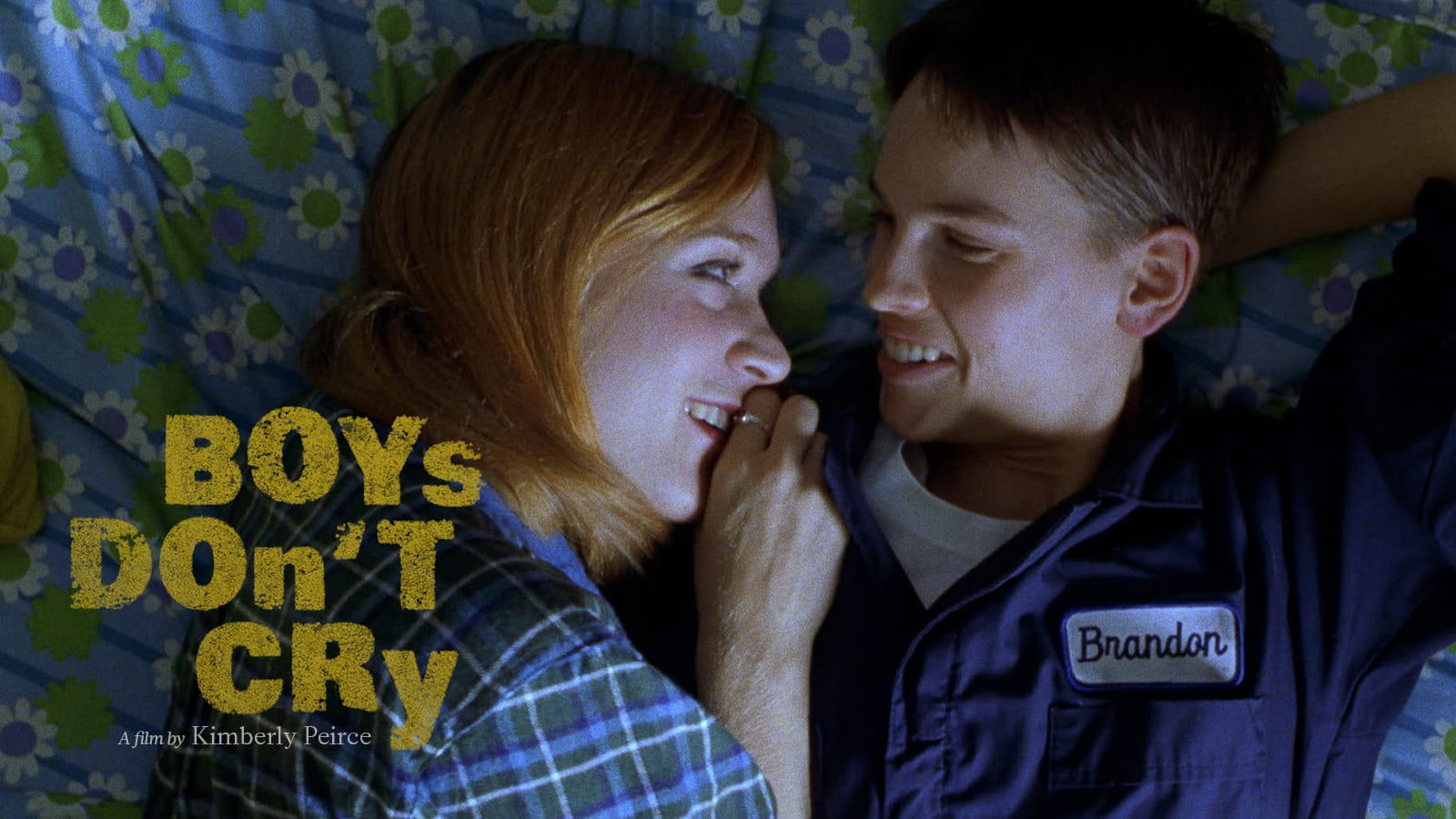
Boys Don’t Cry
WATCH NOW
Hilary Swank delivers an Academy Award–winning breakthrough performance in this harrowing dramatization of the tragic story of Brandon Teena that brought the 1990s New Queer Cinema movement to new heights of mainstream critical acclaim.

Three Films by Nouchka van Brakel
WATCH NOW
An unsung feminist trailblazer, Nouchka van Brakel made some of the most subversive and fearlessly compassionate Dutch films of the 1970s and ’80s. Each dealing with resilient women who defy the pressures of a patriarchal society in their quests for self-actualization, these newly restored films—including the landmark lesbian love story A Woman Like Eve, one of the first major films to offer a positive portrayal of queer romance—are ripe for rediscovery.
FEATURING: The Debut (1977), A Woman Like Eve (1979), The Cool Lakes of Death (1982)

Danzón
WEDNESDAY, MARCH 23
The slow, sensuous ballroom-style dance known as the danzón is at the heart of María Novaro’s luminous tale of a woman’s awakening, a key work of nineties Mexican cinema.
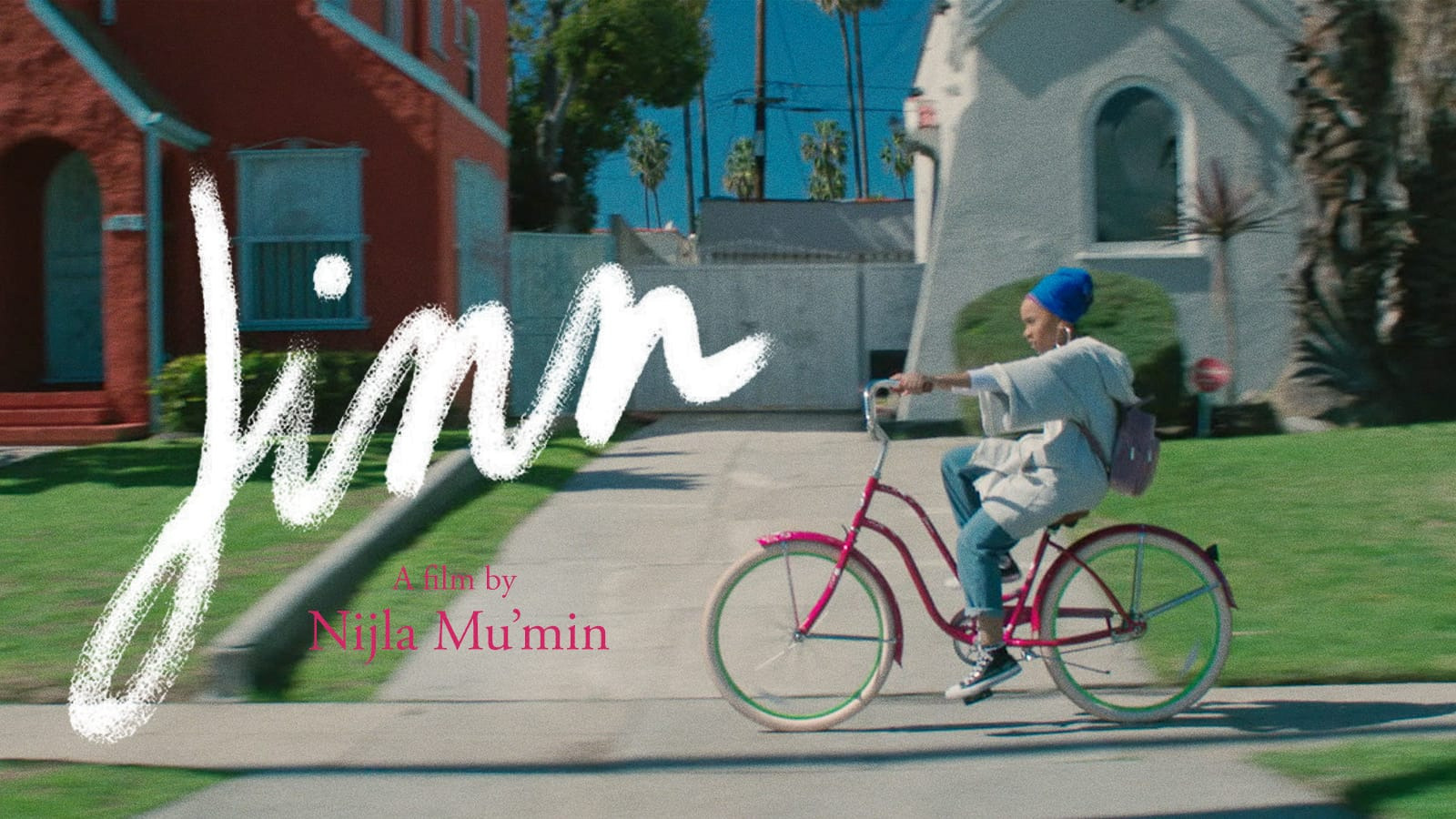
Jinn
WEDNESDAY, MARCH 30
Subverting prevailing stereotypes of Islam, Nijla Mu’min’s luminous coming-of-age portrait captures a Black Muslim girl’s inner awakening in all its wonder and complexity.
More women filmmakers featured in this month’s programming: Short Films by Sophy Romvari, Fourteen Animated Films by Faith and John Hubley, Merrily We Go to Hell (1932), Jimi Plays Monterey (1968), Gimme Shelter (1970), One Sings, the Other Doesn’t (1977), The London Story (1986), Shake! Otis at Monterey (1987), A Reggae Session (1988), Nowhere in Africa (2001), In a Better World (2010)*, America (2019)
TWENTY-FIRST-CENTURY CINEMA

Directed by Radu Jude
WATCH NOW
Featuring a new introduction by the filmmaker
With his audacious Bad Luck Banging or Loony Porn currently shocking and delighting art-house audiences, now is the perfect time to revisit the provocative, witty, and probing films of Romanian auteur Radu Jude. Including the streaming premieres of Jude’s hauntingly minimalistic Holocaust documentary The Exit of the Trains and his brilliant, metatextual exploration of Ceaușescu-era repression Uppercase Print, these films interrogate the darkest corners of Romanian history with both cutting irony and radical formal innovation.
FEATURING: Aferim! (2015), Scarred Hearts (2016), I Do Not Care If We Go Down in History as Barbarians (2018), The Exit of the Trains (2020), Uppercase Print (2020)
TRUE STORIES
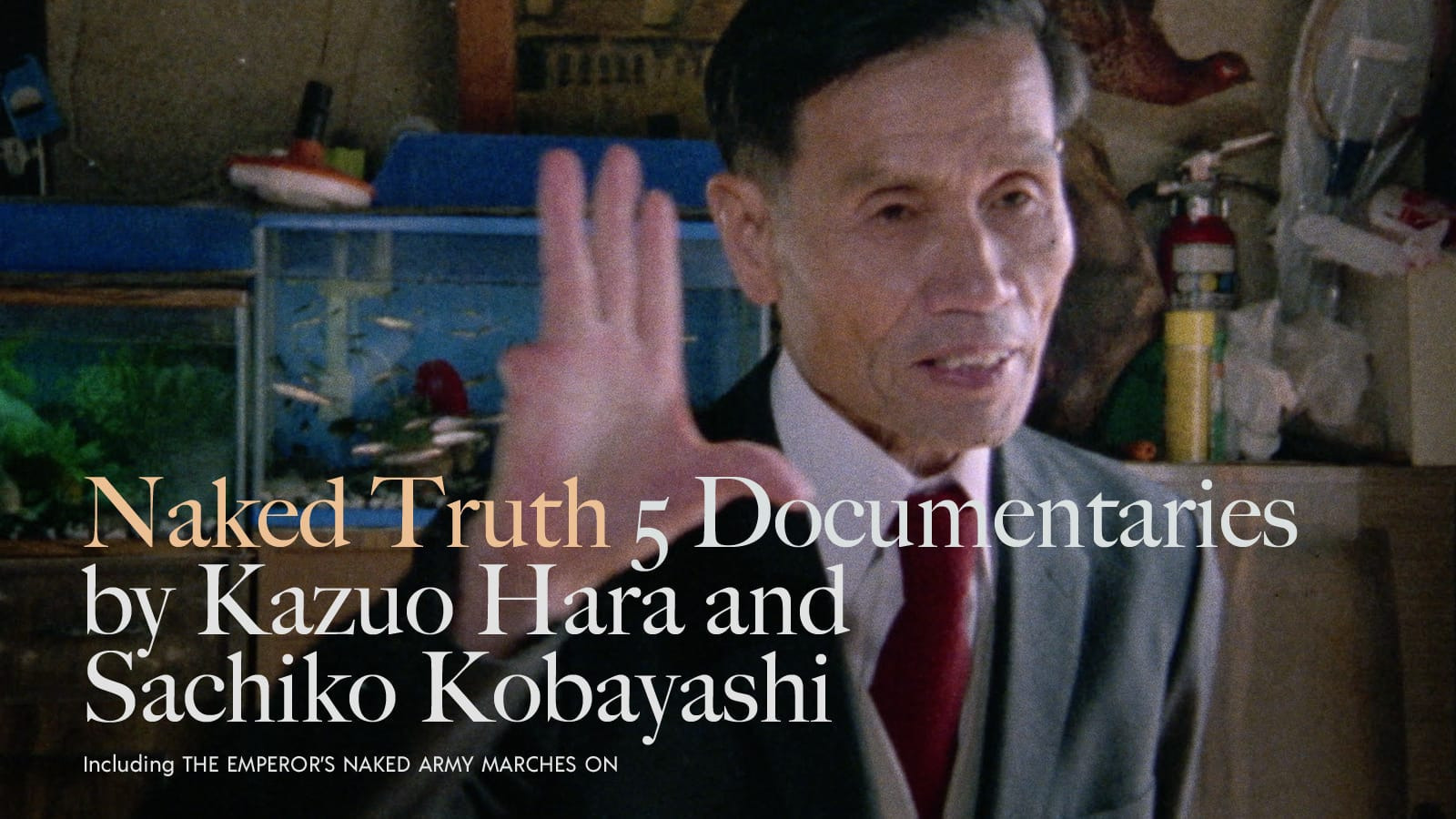
Naked Truth: Five Documentaries by Kazuo Hara and Sachiko Kobayashi
WATCH NOW
Shocking, confrontational, and made with white-hot fury, these radical documentaries—directed by Kazuo Hara and produced by his wife and longtime creative partner, Sachiko Kobayashi—give voice to the outsiders and iconoclasts who wage war with the conformism of modern Japanese society. From a woman willing to risk everything on her journey toward personal and sexual liberation (Extreme Private Eros: Love Song 1974) to a man whose quest to expose Japanese wartime atrocities borders on madness (The Emperor’s Naked Army Marches On), the unforgettable subjects of these films are invited to be collaborators in Hara and Kobayashi’s process, resulting in works of unmatched power and immediacy.
FEATURING: Goodbye CP (1972), Extreme Private Eros: Love Song 1974 (1974), The Emperor’s Naked Army Marches On (1987), A Dedicated Life (1994), Sennan Asbestos Disaster (2016)

Ingrid Caven: Music and Voice
WATCH NOW
Bertrand Bonello’s portrait of a sui generis musician and former Fassbinder muse is an arresting tribute to one artist from another.

Just Don’t Think I’ll Scream
WATCH NOW
Frank Beauvais’s intimate essay film assembles excerpts from more than four hundred films into an indelible and immensely moving reflection on life, love, and loss.
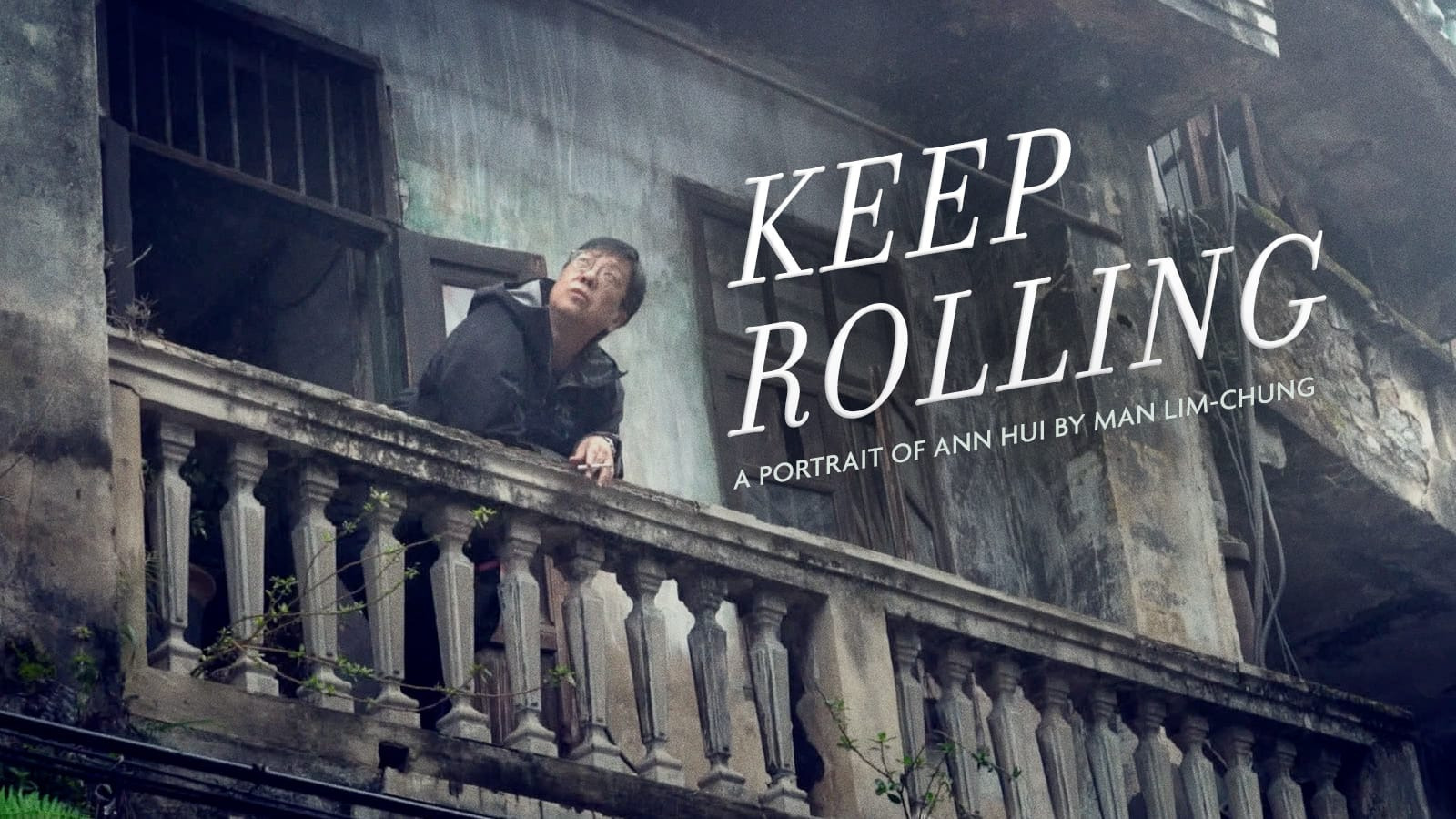
Keep Rolling
MONDAY, MARCH 28
Ann Hui’s longtime production designer and art director Man Lim-chung delivers an intimate and candid portrait of the Hong Kong cinema giant’s astonishing life and prolific career.
More documentaries featured in this month’s programming: Live in Concert, Love Meetings (1964), Seasons (2015), Hale County This Morning, This Evening (2018), The Exit of the Trains (2020)
SHORT-FILM COLLECTIONS

Short + Feature: Spy Games
The London Story and Hopscotch
WATCH NOW
Two witty spy capers fuse humor and suspense with delectable results.

Short Films by Sophy Romvari
WATCH NOW
Toronto-based filmmaker Sophy Romvari’s intimate, essayistic shorts muse on family, grief, femininity, and humans’ relationships with animals, often with exquisitely touching vulnerability. Deeply personal—she frequently appears in her own films and incorporates her own family’s history and photographs (as in the profoundly cathartic Still Processing)—Romvari’s practice follows in the self-reflexive footsteps of filmmakers like Agnès Varda and Chantal Akerman while reflecting a contemporary sensibility all her own.
FEATURING: Nine Behind (2016), It’s Him (2017), Pumpkin Movie (2017), Grandma’s House (2018), Norman Norman (2018), In Dog Years (2019), Remembrance of József Romvári (2020), Still Processing (2020)

Short + Feature: Reimagining Representation
America and Hale County This Morning, This Evening
WATCH NOW
The unfinished 1913 feature Lime Kiln Club Field Day—the oldest surviving film to feature an all-Black cast—inspires two of contemporary cinema’s most innovative voices to explore the complex history of Black representation on-screen.
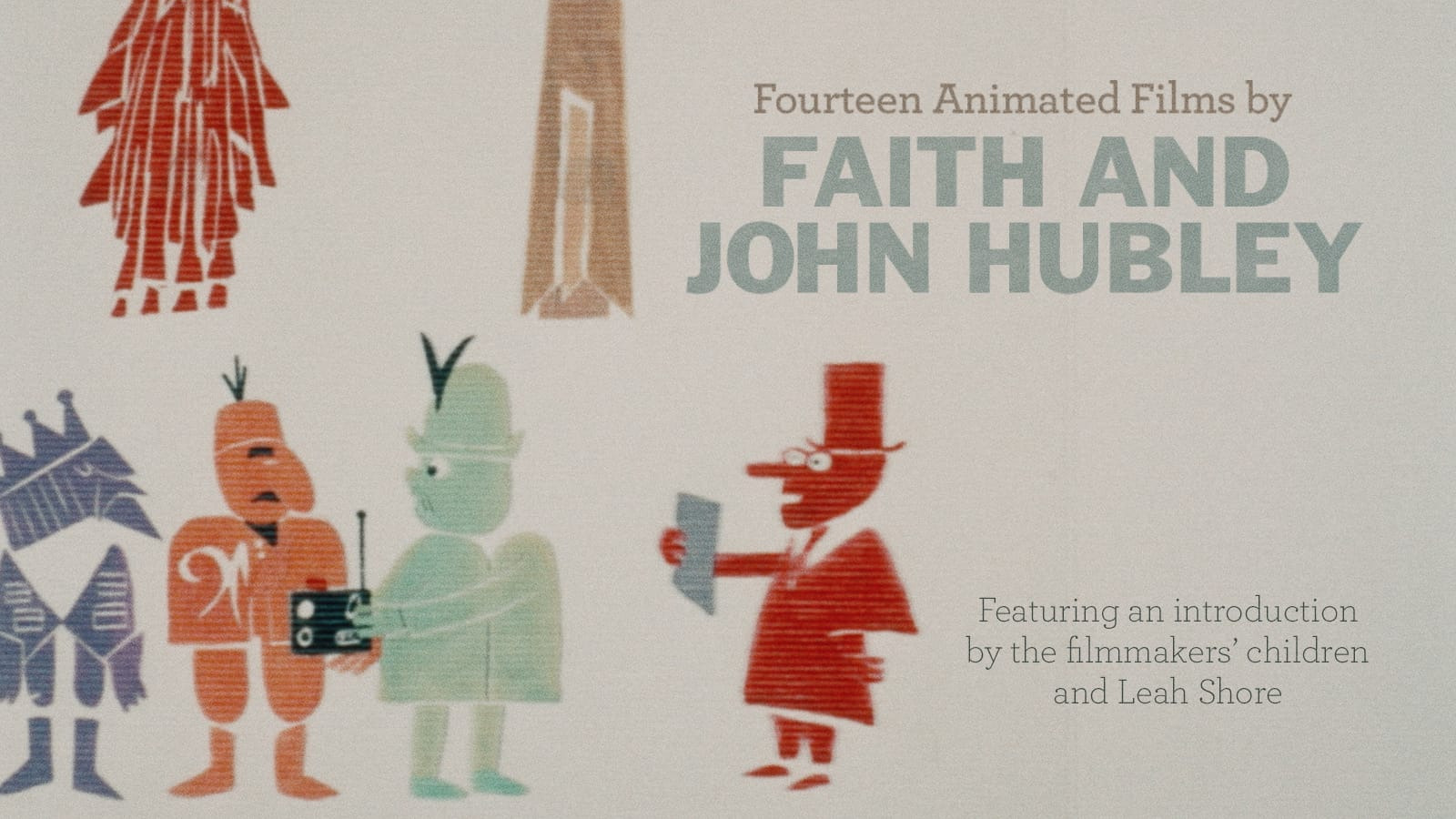
Fourteen Animated Films by Faith and John Hubley
WATCH NOW
Featuring an introduction by the filmmakers’ children and animator Leah Shore
A pair of Hollywood exiles—she was a former script clerk at Columbia, he was an ex–Disney cartoonist and union activist blacklisted for refusing to name names before the House Un-American Activities Committee—Faith and John Hubley left behind the mainstream to forge a thrillingly experimental animation style all their own. Channeling the influences of jazz and abstract expressionism, the husband-and-wife duo made animation a true family affair, setting recordings of their children at play to images of free-flowing wonder in shorts like the Academy Award–nominated Windy Day and Cockaboody. Tackling serious themes of war’s absurdity (The Hat) and urban sprawl (Urbanissimo) with an effortlessly light touch, the Hubleys helped usher in a new era of independent animation in which Disneyfied gloss gave way to gloriously unrestrained personal expression.
Newly added shorts: The Hat (1964), Urbanissimo (1966), Windy Day (1968), Zuckerkandl! (1968), Eggs (1970), Cockaboody (1973), Tall Time Tales (1992), Witch Madness (1999)
Previously featured: Date with Dizzy (1955), Tender Game (1958), Moonbird (1959), Of Stars and Men (1961), The Hole (1962), Everybody Rides the Carousel (1976)
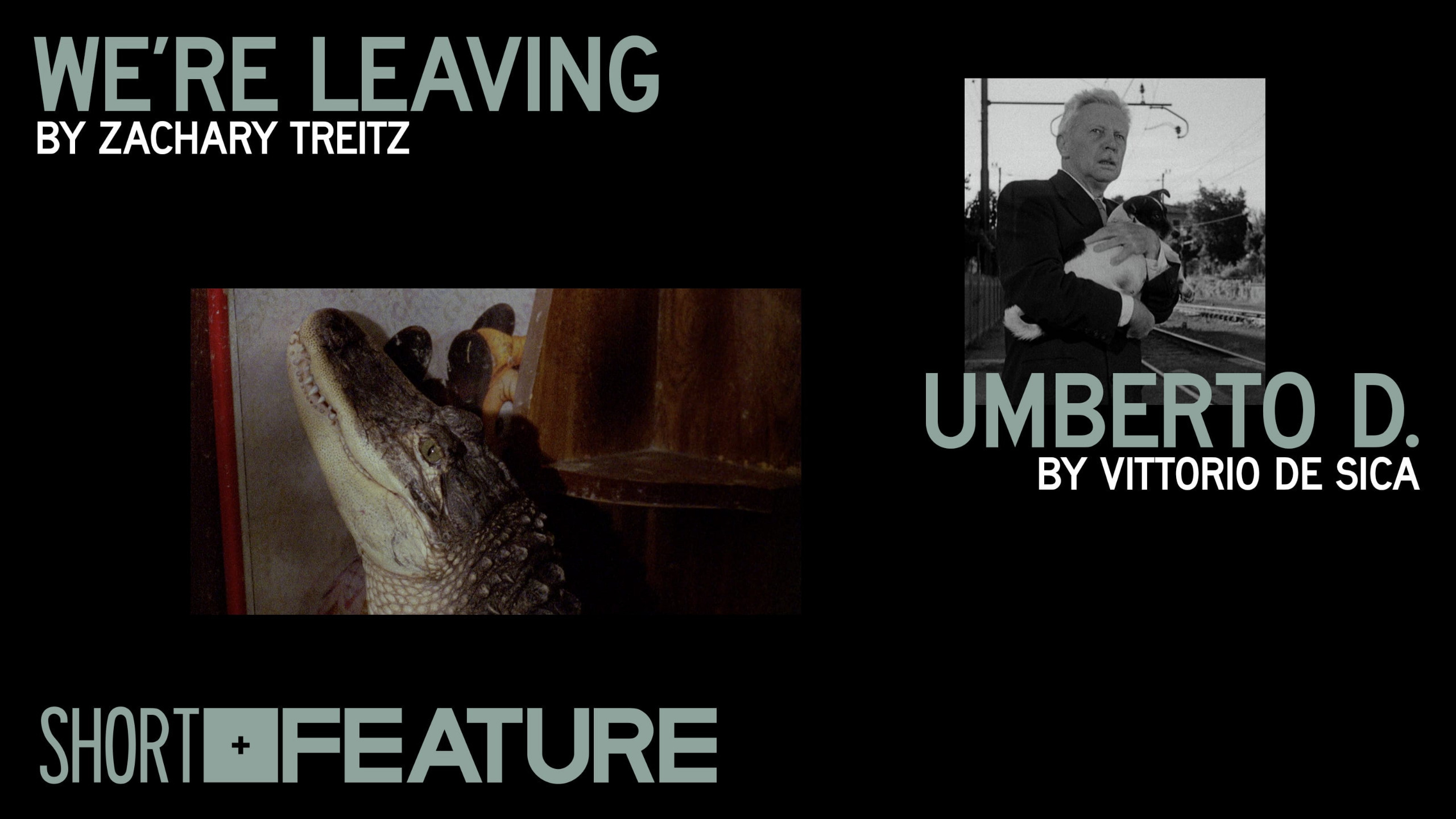
Short + Feature: Man’s Best Friend
We’re Leaving and Umberto D.
TUESDAY, MARCH 29
A man’s love for his pet—whether it’s a dog or an alligator—is at the heart of these affectionately humanist tales of everyday resilience in the face of capitalism’s unfeeling machinery.
SATURDAY MATINEES
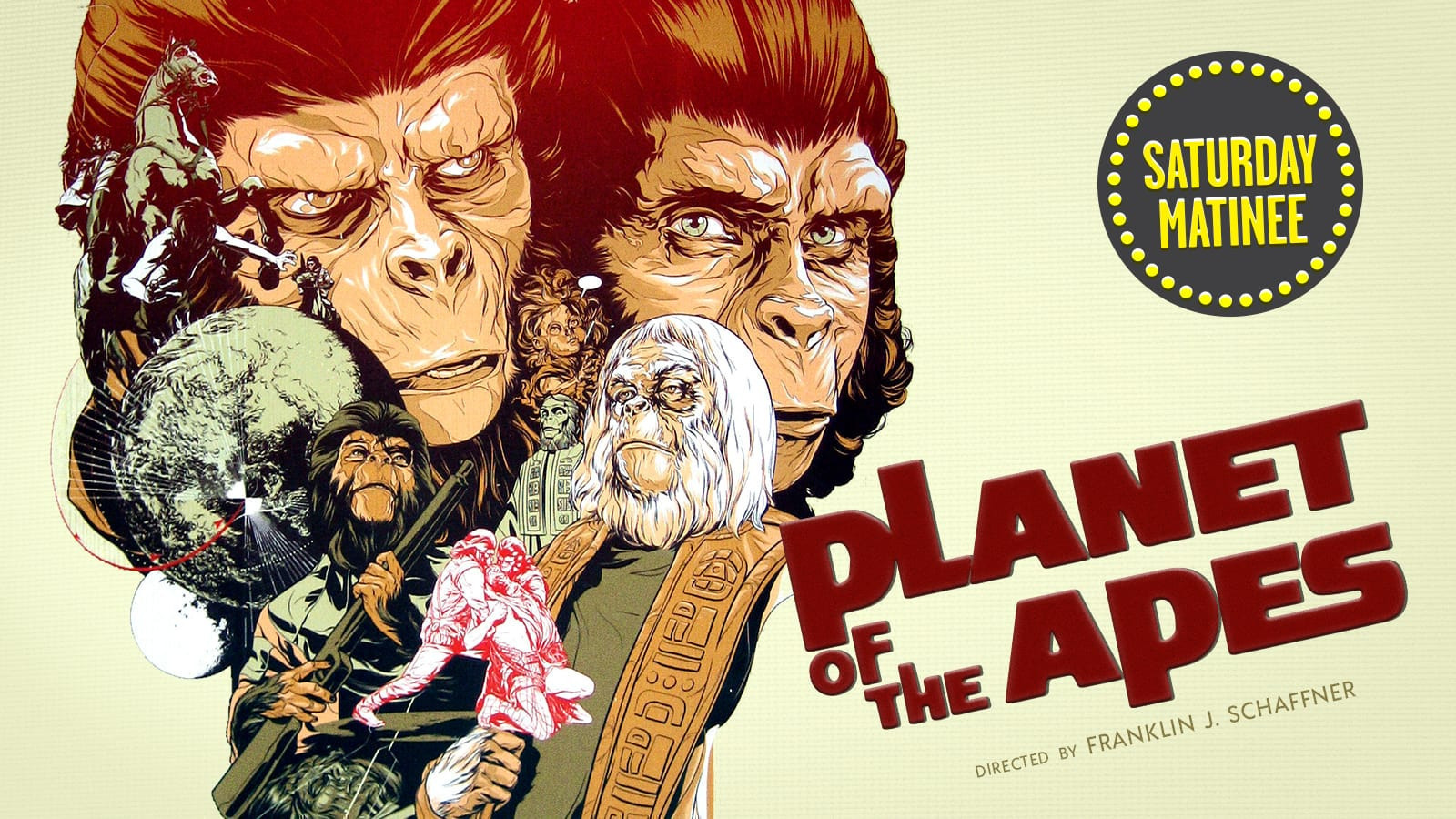
Planet of the Apes
WATCH NOW
The classic mind-bender that launched an epic franchise remains a touchstone of thought-provoking science fiction.
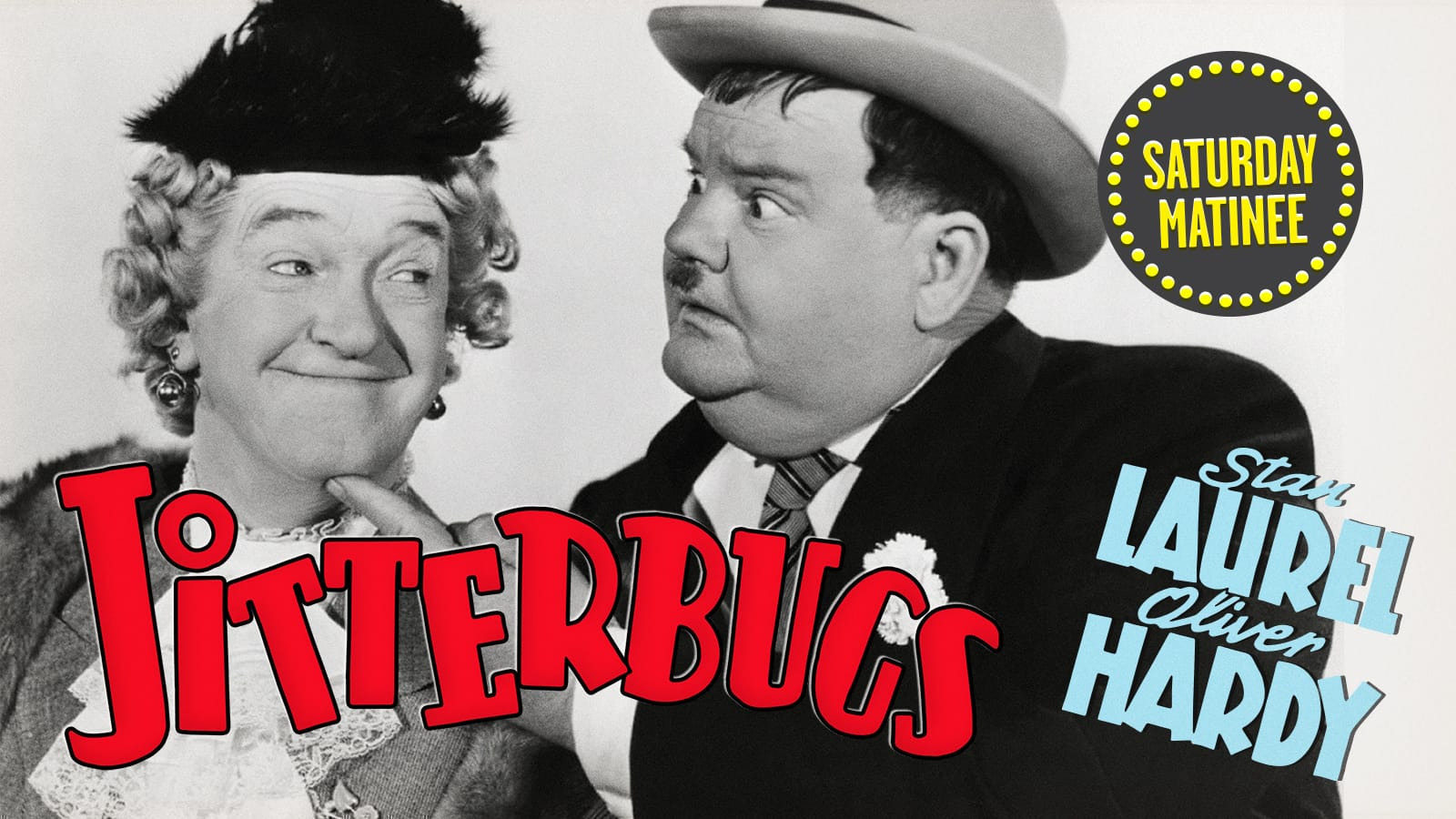
Jitterbugs
WATCH NOW
Laurel and Hardy try to out-con a con man in the finest and funniest of the legendary comic duo’s late-career features.

Seasons
WATCH NOW
The directors of Winged Migration embark on an awe-inspiring and thought-provoking exploration of the long and tumultuous shared history that binds humankind with the natural world.

The Slipper and the Rose
SATURDAY, MARCH 26
A lavish retelling of the Cinderella fairy tale, this grand musical adventure offers a fresh twist on the classic story with charming humor and Academy Award–nominated songs by the celebrated Sherman Brothers.
DOUBLE FEATURES
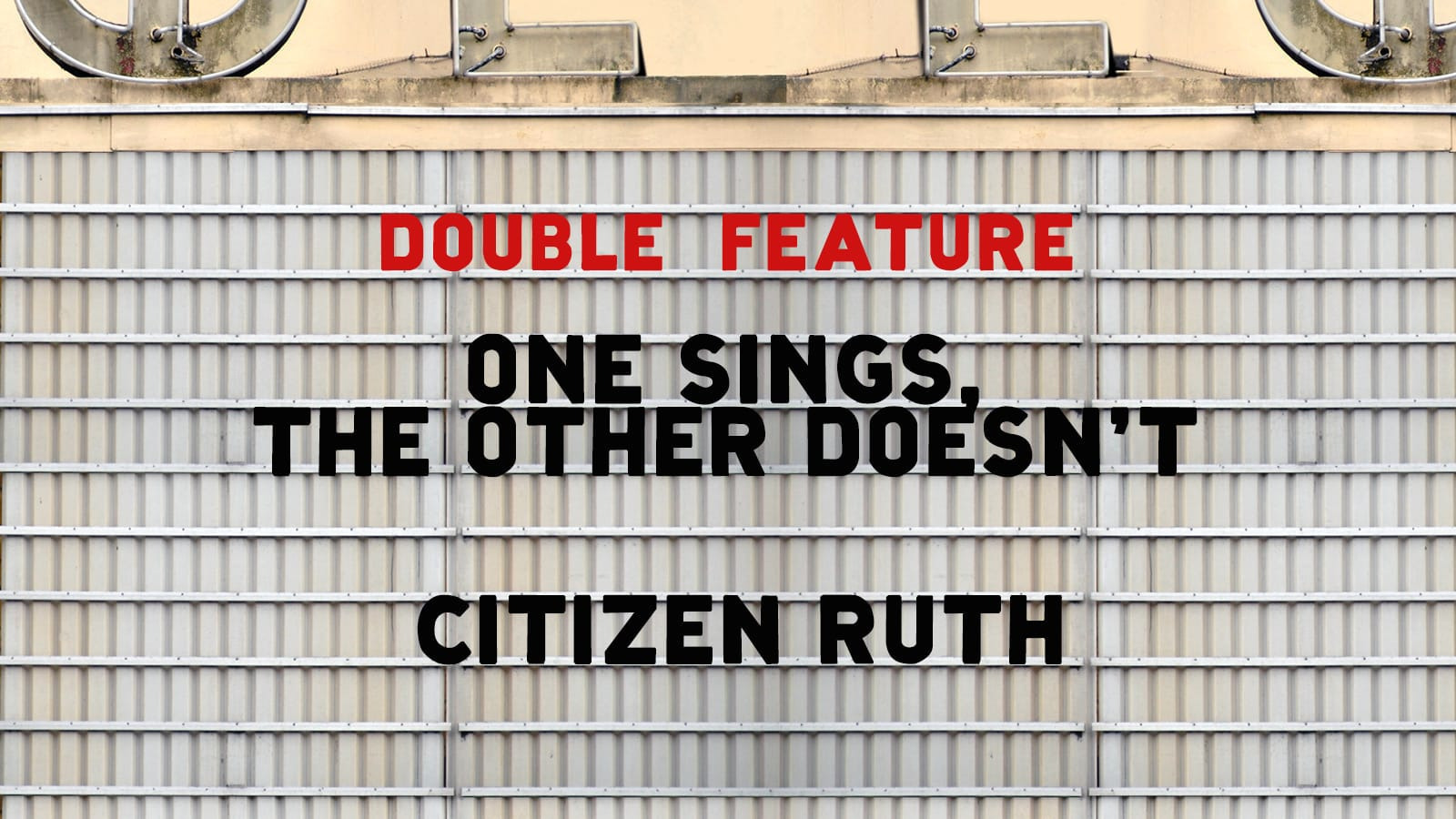
Double Feature: A Woman’s Right
One Sings, the Other Doesn’t and Citizen Ruth
WATCH NOW
A pair of offbeat fables employ sly humor to underline the urgent need for reproductive rights and women’s access to abortion.

Two Starring Cyd Charisse
WATCH NOW
Born, depending on your source, either 100 or 101 years ago this March, Cyd Charisse was both a great dancer (trained in Russian ballet) and a great beauty—a combination that made her one of the last of the musical stars to emerge from the MGM dream factory. She was also one of the few women to dance with both Fred Astaire and Gene Kelly. Witness her sizzling turn opposite Astaire in The Band Wagon’s virtuosic “Girl Hunt Ballet” and her “knock out” boxing-ring showstopper in Kelly and Stanley Donen’s It’s Always Fair Weather for a taste of the fierce talent and long-legged grace she brought to some of the definitive musicals of Hollywood’s golden age.

Two luminous black-and-white road trips—one associate-produced by Wim Wenders, the other directed by him—trace aimless existential journeys across Britain, Europe, and America in the 1970s.

Double Feature: Drama Kings
All That Heaven Allows and Ali: Fear Eats the Soul
WATCH NOW
New German Cinema bad boy Rainer Werner Fassbinder pays homage to melodrama titan Douglas Sirk in a slashingly subversive tale of taboo romance.

Double Feature: Queer Today, Gone Tomorrow
These Three and The Children’s Hour
FRIDAY, MARCH 25
Two film versions of Lillian Hellman’s celebrated lesbian-themed stage hit The Children’s Hour offer fascinating insights into American moral panic and the art of adaptation.



